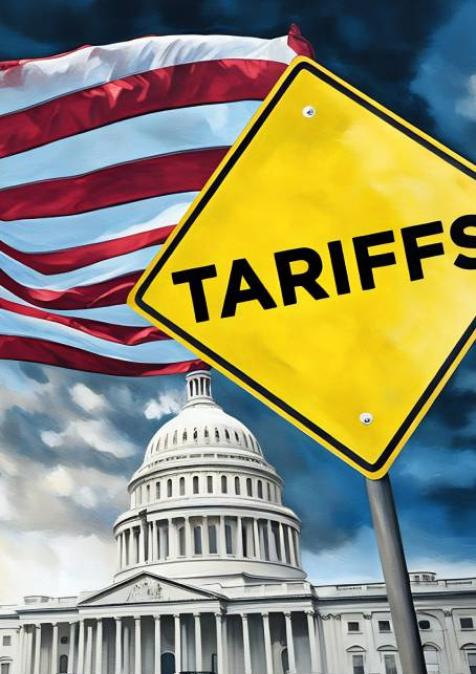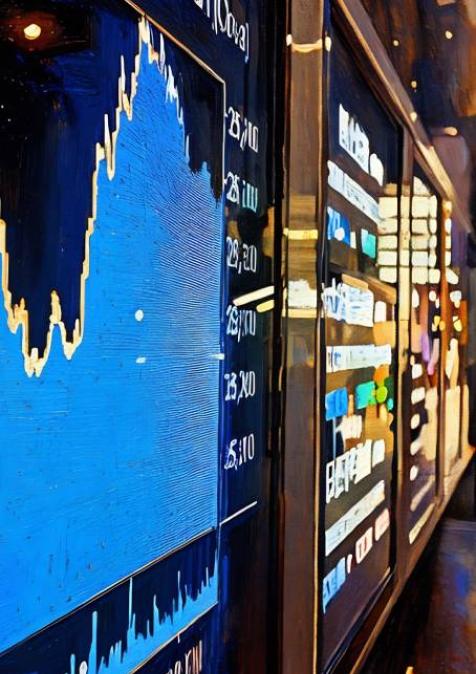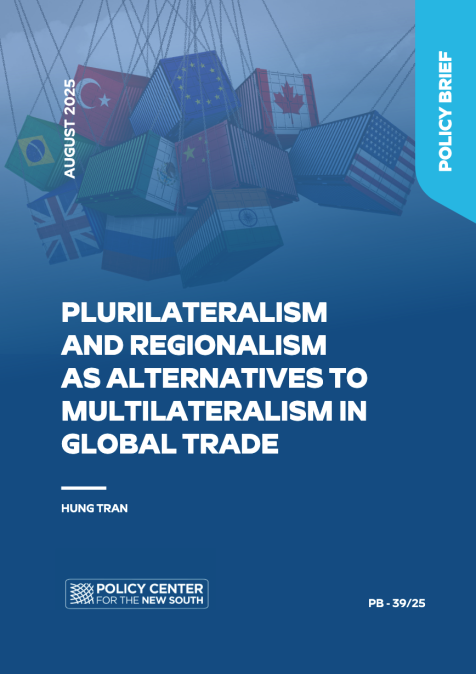Publications /
Policy Brief
Despite the threat posed by right-wing nationalism, left wing populism, and protectionism, this is not the end of globalization. The most likely scenario is a continuation of globalization at a rate like that of the last ten years and perhaps even acceleration as the world catches up on lost time in the wake of the financial crisis and its many aftershocks. However, in recent years a formidable resistance to globalization has arisen, and the risk of a sharp and temporary slowdown in global economic integration cannot be dismissed. Policy- makers and businesses should persist with their internationalization strategies, but also must take steps to mitigate the risk of protectionism.








